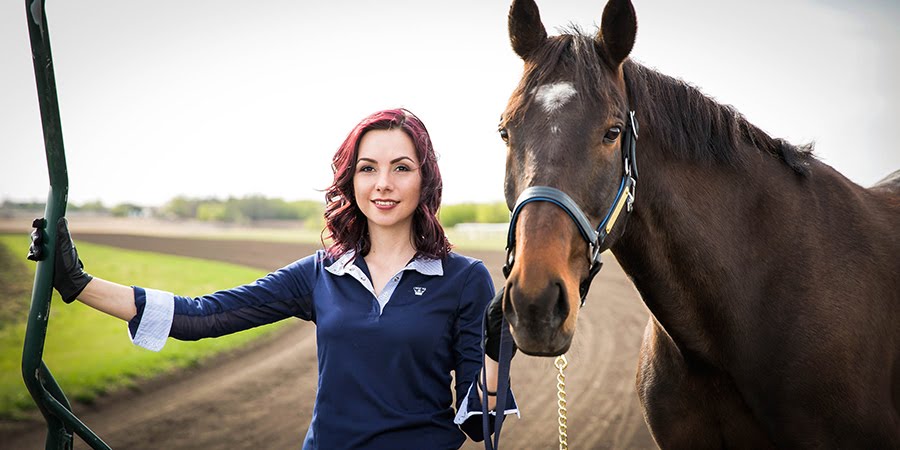Horses, like people, sometimes have bad days. Sometimes they just don’t feel like giving
that 110% we so often celebrate as a marker of a true athlete or teammate. And
that’s okay. People are allowed to have off days, and so are horses. And sometimes the best thing for both horse and rider is to write it off as a bad day and try again tomorrow.
But, when is a bad day not just a bad day?
But, when is a bad day not just a bad day?
Generally speaking, horses aren’t badly behaved for no reason. They tend to like to do what they’re asked. When they don’t, it’s often not just a bad day, something’s up, something’s off and they’re trying to tell you. Sometimes something hurts or pinches. Sometimes there’s a twist in a strap and it’s poking them. Sometimes they didn’t appreciate having their lunch interrupted. And sometimes they just don’t like your attitude and you really shouldn’t have skipped out on coffee that morning. Sometimes the only way they know how to get your attention is by throwing a total tantrum.
The point being, I think it’s important not to just write off misbehavior as a bad day, or a horse simply choosing to be a pain. For instance there was a harness horse, who trained here in Alberta, and boy oh boy he was a handful! He would lay down when they’d try to leave the barn to go train in the morning. He’d buck and bend the shafts on the jog cart or race bike when he had decided he didn’t want to train anymore that day. And at one point, ditched his driver during post parade and ran back through the barns at the race track with his bike still attached and caused thousands of dollars worth of damage to the facility. Just rotten and miserable right?
That was my horse. The same horse who has packed me on trail rides through creeks, has a high point gymkhana trophy, met hundreds of children, and charming old ladies, at Farm Fair last year, and currently tears it up on the cross country course at events across the province with me every summer. I honestly believe he just didn’t like harness racing, and that was the only way he knew how to say it.
This idea, listening to your horse, becomes really important when riding on your own, or even under the guidance of a coach. At the end of the day, you know your horse the best. Does you horse usually jump his heart out and take you to every fence? Or did you just move up a class and have an incredible last show? Then a few days later they’re suddenly stopping at fences, throwing their head at transitions and unwilling to take contact? Maybe it’s not just a bad day. Maybe they’ve been jumping too high, too often and they’re sore. But it’s up to you to recognize this and figure out if it’s their legs, their back, too heavy of a workload, outside the horse's capabilities, or maybe you changed your riding style or asked them to do something new without properly explaining it.
There’s endless possibilities, including simply a bad
day, but it’s up to the rider/trainer to figure that out. Sometimes even under the guidance of a coach
or trainer or other industry professionals, you may need trust your gut and
know when to look further into why your horse is behaving the way he is, and when to call it a day and think about what you can do to help.
So when your horse has a bad day, or you have a tough ride, is it really just a bad day?
Or is he trying to tell you something?


GBX XXX – 50 ML injection
ReplyDeleteEQUITEX FORTE – 50 ML
DARBE 500 – 5 ML
GH 300 – 10ML
GLUCODEX A INJECTION
GONADORELIN INJECTION
GW1516 – 10 ML
PENTOSAN PLATINUM 18ML